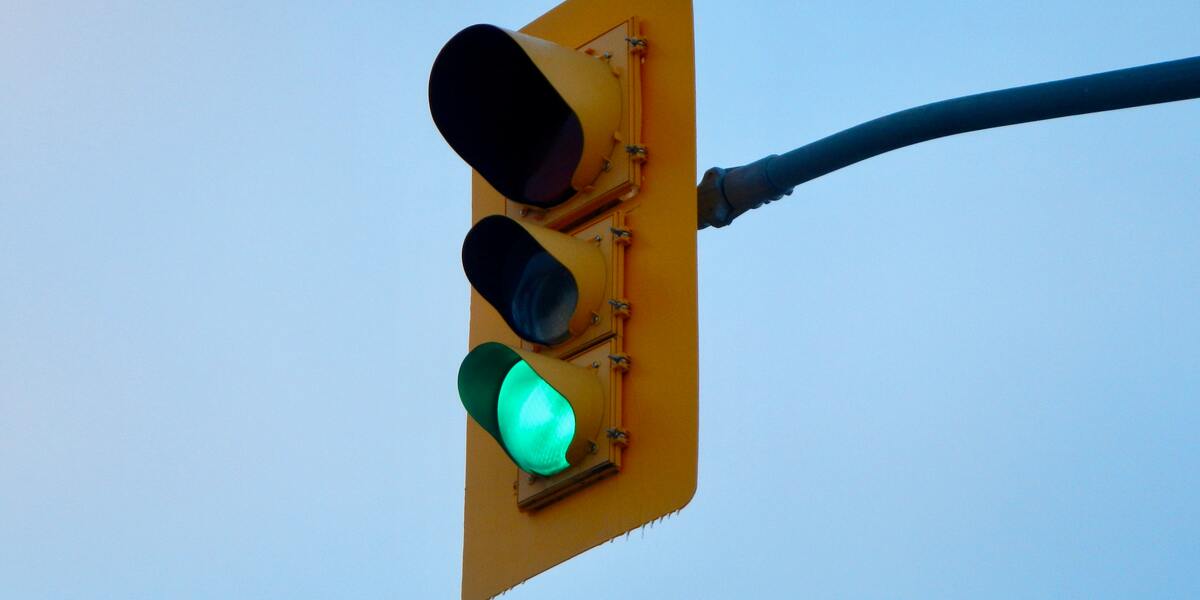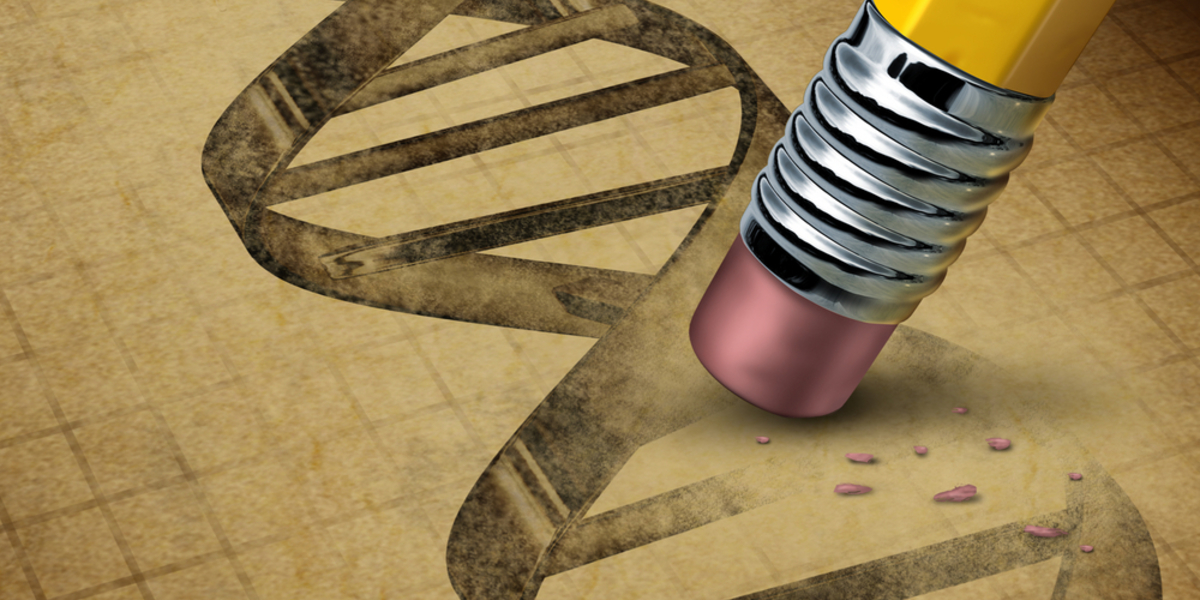
A CRISPR-based approach called “base editing” is being explored to develop a new potential treatment for Huntington's disease. Editing a single letter in the genetic code with base editing may be the key for delaying HD symptoms, maybe by a decade.

More good news for the HD community from uniQure, whose one-and-done gene therapy appears safe and shows hints of slowing down signs and symptoms of the disease

uniQure ushered in the end of the year by releasing some promising data from their huntingtin-lowering gene therapy trials

Casgevy is the first CRISPR-based drug to make its way through the approval process, all but curing Sickle Cell Disease and it’s paving the way for similar drugs targeting other diseases. Is Huntington’s disease next?

Both PTC Therapeutics and uniQure have shared updates from their respective clinical trials, testing different huntingtin-lowering approaches. We explore the data presented from both of these studies and what this means for HD family members.

Following a 3-month pause in enrollment due to concerns about side effects, uniQure shared the good news that their trial of the HD gene therapy AMT-130 will continue as planned, with new safety measures in place.

After receiving a high dose of uniQure’s gene therapy for Huntington’s disease, a few patients experienced serious side effects, but are now recovering. HDBuzz explores what this means for the experimental huntingtin-lowering drug, AMT-130.

uniQure is conducting safety trials of the first gene therapy for HD. A recent press release provided a 1 year update on the first group of 10 people who underwent surgery to receive this experimental drug. Let’s talk more about what it means.

Voyager Therapeutics is shifting towards a new technology to deliver gene therapy and away from a planned HD clinical trial. But this could lead to less invasive drugs in the long run, and many other companies are working on HD gene therapies.